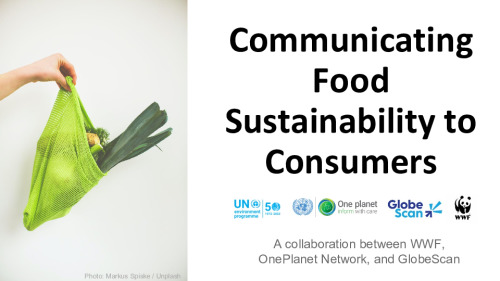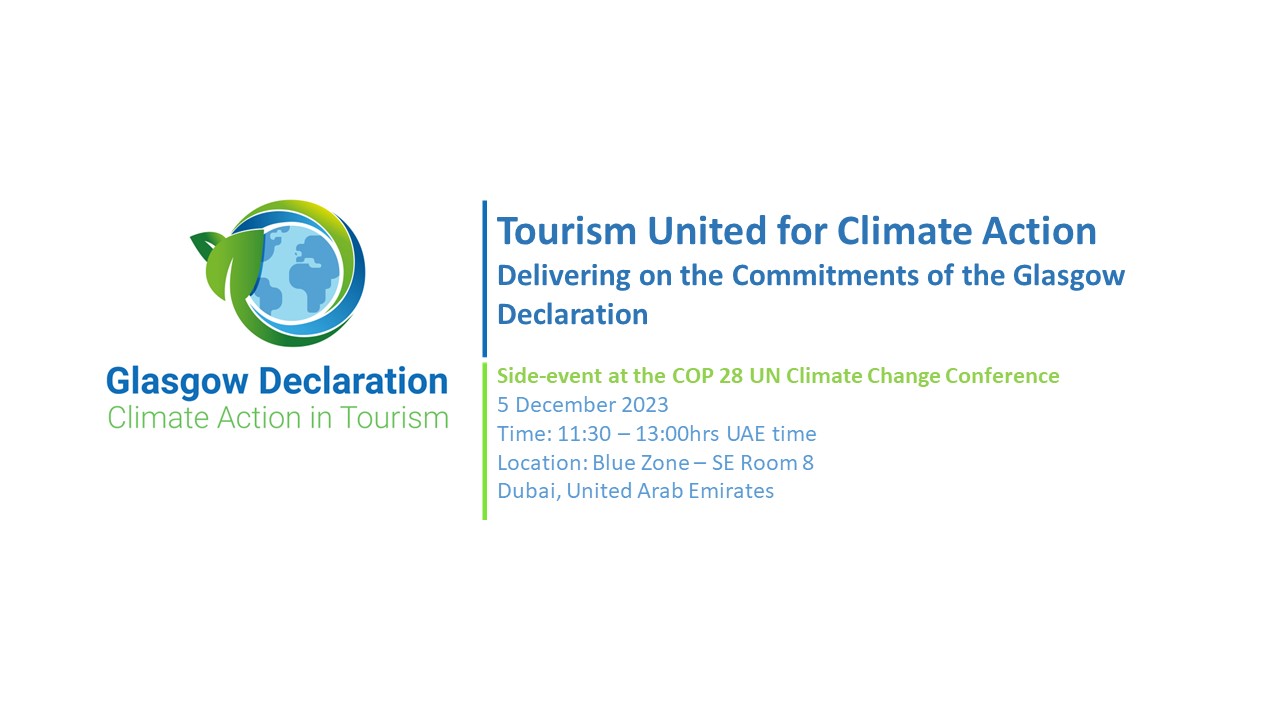Oatly: A Case Study on Communicating Food Sustainability Information to Consumers

UNEP, WWF and GlobeScan have developed a series of twelve case studies presenting efforts by companies and labels to communicate food sustainability to consumers. Read on to find out more about Oatly, the third case study in the series.
About Oatly
Oatly Group AB is a food brand that creates alternatives to dairy products using oats. The range of products includes oat milk, yoghurt, and ice cream. The company was founded in 1994 and Oatly products are now available in 60,000 retail stores and 32,200 coffee shops in 25 countries globally.
Oatly’s objectives
Oatly’s mission is: “to make it easy for people to eat better and live healthier lives without recklessly taxing the planet’s resources in the process”.
Sustainability and transparency are at the core of Oatly’s brand and business model. With a focus on health and nutrition, Oatly seeks to drive change through consumer choices based on the premise that consumption of oat-based products such as oat milk is more environmentally friendly than consuming animal-based equivalents such as cow’s milk. The company aims to do this by providing alternative products whilst supporting sustainable agricultural practices and empowering people to shift towards more plant-based diets. Oatly believes this will drive a global shift towards a food system that protects the environment.
Oatly rebranded in 2014 and created a new team internally which they call the Oatly Department of Mind Control. The aim was to use fresh perspective to challenge the norms of how companies communicate with consumers to drive societal change. As a result, Oatly decided on a radical approach by being a transparent food company in an industry which they thought should share both “what’s amazing” with products as well as “what might be less amazing” - as they put it on their website. Under these labels they share information on origin of ingredients, sugar content, and products’ climate footprints, showcasing the pitfalls as well as the positives.
To learn more about Oatly’s approach to communicate food sustainability information to consumers and learn about the challenges and successes, download the full case study here.
Project background
Under the umbrella of the One Planet network Consumer Information Programme, UNEP, WWF and GlobeScan developed a research project to improve our understanding of how the provision of sustainability information can influence consumers’ food choices. This case study is one of twelve case studies showcasing approaches by companies and labels to communicate food sustainability information to consumers. Stay tuned for more articles in the series published every Tuesday and Friday over the coming weeks.





